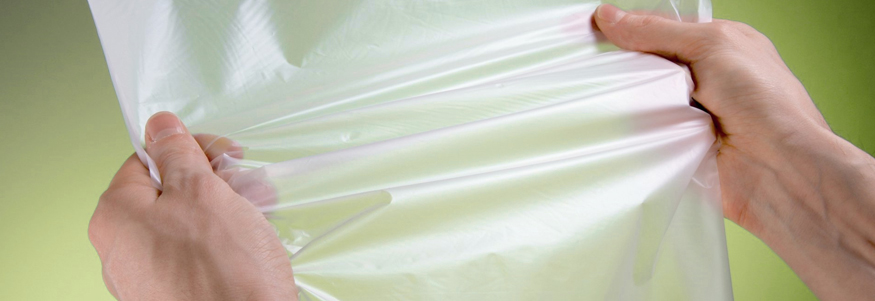A new economy has evolved and it needs products and services that have been designed to eliminate environmental impacts. Overseas studies have found that up to 80% of a product’s environmental impacts are already locked in at the design stage, when key decisions are made about materials, production, distribution, operation and end-of-life management.
|
Product vs Service In undertaking the initial design research and considering potential concepts for the design of a product, it is important to consider the product v.s. in service substitution / delivery business models that focus on shifting the mode of consumption from personal ownership of products to the provision of services which provide similar functions. An example of this that you might consider is the case of purchasing a private automobile to subscribing to a carsharing service. Such a system promotes minimal resource use per unit of consumption. Our committment to change At Bayly designing sustainable products is about designing better, smarter products that are functional, cost effective, and have no harmful side effects on human health or the environment. We will engage you in a conversation about the environmental and social impact of the work that we undertake with you. We will promote the product sustainability to you as a key factor in overall design quality and performance. Bayly are adopters of the designers accord. The Designers Accord is the global coalition of designers, educators, and business leaders working together to create positive environmental and social impact through collective and individual means to take action, share methodologies, resources, and experiences around environmental and social issues in design. Lifecycle Analysis (LCA) Refers to a specific technique and methodology that attempts to quantify the full range of environmental and social damage that can be assigned to products and services in order to help choose the best option. LCA includes the assessment of raw material production, manufacture, distribution, use and disposal including all intervening transportation steps necessary or caused by the product's existence. The sum of all those steps - or phases - is the life cycle of the product. Bayly works with the Centre for Design at RMIT Universtiy of Technology and the Sustainable Packaging Alliance in undertaking LCA programs with its clients on all types of products and packaging.
|
Our Principles of Sustainable Design
For more information on the Designers Accord Check out some of our work on bio-plastics and how they can be used as a sustainable resource. |


